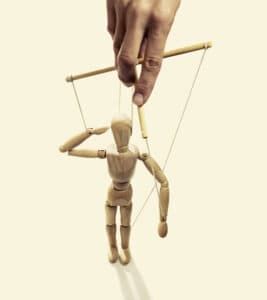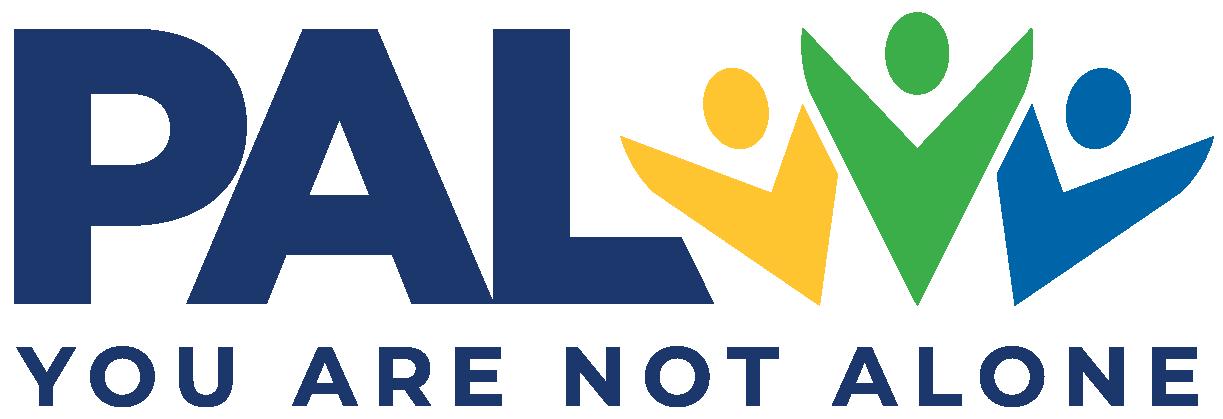
Herein lies an irony: the person who is trying to manipulate you views you as having greater strength or power than he or she does. — George H. Green and Carolyn Cotter, Stop Being Manipulated
George Green and Carolyn Cotter describe manipulation as an encounter in which someone else attempts to control how you feel, behave, or think—without your permission—and as a result, it causes you discomfort.
As the parent of an addicted child have you ever found yourself feeling crummy after agreeing to a request? Chances are good that manipulation was involved. In the early years of my journey with my sons this happened so often that it felt normal. I felt crummy, but as their parent, I felt that it was my responsibility to give in to their requests. I had wrongly equated love with me doing everything they asked of me, and I had to work through that in front of a counselor (I’ll save that for another blog post). Somewhere along the way our children “installed our buttons” and knew exactly which ones to push to get what they wanted from us. After all, manipulation is all about getting what you want. Once drugs move into the number one position in the minds of our loved ones it is imperative that we learn a new way of “helping.” As a wise friend once told me “The changes YOU make, might actually be their salvation.”
The first step in creating a new dialogue with your adult child is educating yourself as to why the manipulation is occurring. Coming to a full understanding and acceptance of what substance use disorder is will help you take the emotion out of setting a boundary. This is explained well in the book Smoke and Mirrors by Dorothy Marie England. Once you have this understanding you will see the manipulation when it happens. The next step that we often discuss in the PAL meeting is deciding that there will be “no instant answers.” If you simply cannot say “no” in a kind and loving way, then let them know that you will need to think about it and get back to them. This will give you a chance to think, pray, call a friend or counselor, and make a decision that is not made in the heat of an emotional moment.
Two of the things I hear most from parents is that they feel their child does not love them, or they are afraid their child will not feel loved if they say “no.” They go on to say that they just can’t believe their child is “doing this to them and their family.” I remember feeling this way myself and I agree that it “feels like” your loved one is “choosing” drugs over a relationship with you. As long as I continued with this line of thinking I was unable to stop taking their substance use personally and I couldn’t begin my own healing process. After some years of sobriety both of my sons have shared that there was never anything personal going on when they were using manipulation to get what they wanted. They loved us and they knew we loved them and that we were pulling for them. We were just the easiest source when it came to getting resources to fund their substance use and they knew exactly which buttons to push.
As we enter the holiday season, take some time to learn about the brain chemistry of addiction. Learn about manipulation and how to recognize it. Accept that you’re probably going to see some level of manipulation around the holidays and prepare yourself!
Blessings,
M
Our regular counselor blogger Josh Acevedo is on break so we are bringing you perspectives from a PAL Facilitator.
